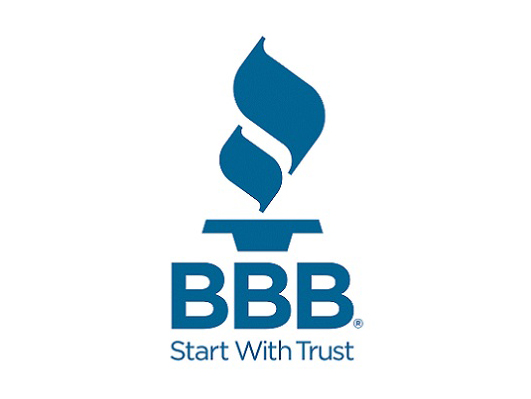The coronavirus (COVID-19) pandemic’s destructive impact on the U.S. economy has landed millions of workers in the unemployment line. Compounding the situation, social distancing has forced work online in many industries. Better Business Bureau (BBB) warns job seekers to use caution when job-hunting online, as online employment scams are rampant.
Employment scams ranked as the riskiest scam of 2019 in the annual BBB Scam Tracker Risk Report, with more than 3,200 reports to BBB Scam Tracker last year. About 65 of those reports were filed in Eastern and Southwest Missouri and Southern Illinois.
In employment scams, a consumer receives an unsolicited job offer that may promise high pay, options to work remotely, and/or flexible hours. To get the job, a candidate must complete forms that require personal and/or sensitive information and may be required to “purchase equipment” with part of the proceeds of what turns out to be a fake check. These open the candidate up to identity theft and financial harm.
“Employment scams are especially insidious because they prey on people desperate for work, whose numbers are sadly increasing during this pandemic,” said Michelle L. Corey, BBB St. Louis president and CEO. “Although emotions may be running high and personal funds running low these days, it’s still critically important for job seekers to look before they leap. If a job offer sounds too good to be true, it probably is.”
While most consumers in Eastern and Southwest Missouri and Southern Illinois who reported employment scams to BBB Scam Tracker did not report a financial loss, one woman in Jefferson City, Missouri, reported losing $5,000. The median loss reported nationally from these scams in 2019 was $1,500.
A Granite City, Illinois, man reported losing $3,000 to an employment scam in October 2019. He told BBB Scam Tracker he was recruited for a third-party shipping scheme after posting his resume on several job search sites. Although the job promised a monthly paycheck, the man said, “I never received a paycheck and the phone numbers no longer work.” He noted the company had also stopped sending shipments to his home by the time he contacted BBB Scam Tracker.
Job seekers should keep the following in mind to avoid employment scams:
- Some jobs are likelier to be scams than others, such as work-from-home or secret shopper positions. Any job with a generic title such as caregiver, administrative assistant, or customer service rep should also merit further research before you apply.
- If the job posting is for a well-known brand, check the real company’s job page to see if the position is posted there. Look online; if the job comes up in other cities with the exact same post, it’s likely a scam. Note also that government agencies post all jobs publicly and freely.
- Don’t accept on-the-spot job offers, particularly when they are unsolicited. You may be an excellent candidate for the job, but a legitimate company will want to talk to a candidate before hiring.
- If a company sends you a check or overpayment and asks you to wire a portion of it elsewhere, that is a significant red flag — and a common trick used by scammers.
- Be cautious in sharing your personal information, and never share banking information as part of a job application.
- Get all details and contracts in writing. A legitimate recruiter will provide you with a complete contract for their services with cost, what you get, who pays (you or the employer), and what happens if you do not find a job.
Report any scams to BBB Scam Tracker.
BBB has consumer tips on COVID-19 at bbb.org/coronavirus and business tips at bbb.org/covid.
For assistance, go to bbb.org or call 888-996-3887.







